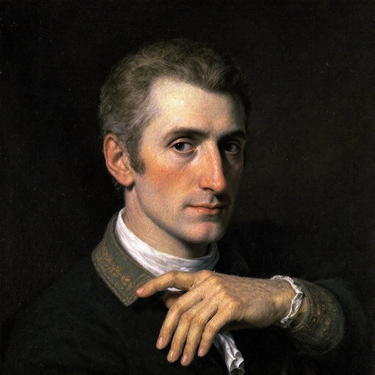Claudio Monteverdi – The Innovator Who Shaped the Baroque Era
Claudio Monteverdi (1567–1643) was an Italian composer, choirmaster, and instrumentalist, celebrated as one of the most transformative figures in music history. His compositions mark a crucial transition from the Renaissance polyphonic tradition to the expressive and dramatic innovations of the Baroque period. Monteverdi’s ability to blend rich harmonies, emotional depth, and theatrical storytelling laid the groundwork for modern opera and redefined sacred music.
A Bridge Between Two Musical Worlds
Monteverdi mastered the complex polyphonic techniques of Renaissance composers such as Palestrina, while simultaneously embracing the emerging Baroque style, characterized by bolder harmonies, expressive melodies, and dramatic contrasts. He was among the first composers to emphasize text expression and human emotion, a revolutionary shift that brought music closer to storytelling.
Monteverdi and the Birth of Opera
One of Monteverdi’s greatest contributions was the development of opera as a major art form. His groundbreaking work, L’Orfeo (1607), is considered the first great opera in history, introducing elements such as:
Recitative singing, where music follows natural speech rhythms for greater dramatic effect.
Instrumental color, using orchestration to heighten emotion and storytelling.
Expressive arias, allowing singers to convey deep emotions through melody and harmony.
Following L’Orfeo, Monteverdi continued to refine operatic storytelling in works such as Il ritorno d’Ulisse in patria and L’incoronazione di Poppea, the latter of which is notable for its psychological depth and complex characters, making it one of the earliest operas to depict real human emotions rather than mythological ideals.
Sacred and Secular Masterpieces
Beyond opera, Monteverdi also revolutionized sacred music with his Vespro della Beata Vergine (1610), a majestic work blending Renaissance polyphony with bold Baroque harmonies, choral grandeur, and intricate counterpoint. His Madrigals, spanning nine books, showcase his stylistic evolution, moving from the refined elegance of Renaissance counterpoint to the dramatic, text-driven style of early Baroque music.
A Lasting Influence on Western Music
Monteverdi’s innovations influenced generations of composers, including Henry Purcell, Jean-Baptiste Lully, and Johann Sebastian Bach. His ability to combine lyrical beauty with dramatic power remains a foundation for opera, choral music, and instrumental composition.
Monteverdi’s Legacy
From opera houses to concert halls, Monteverdi’s music continues to captivate audiences with its emotional depth, melodic beauty, and bold harmonic language. He is rightly considered the father of opera and a visionary of Baroque music, whose works remain essential to the evolution of Western classical tradition.
























